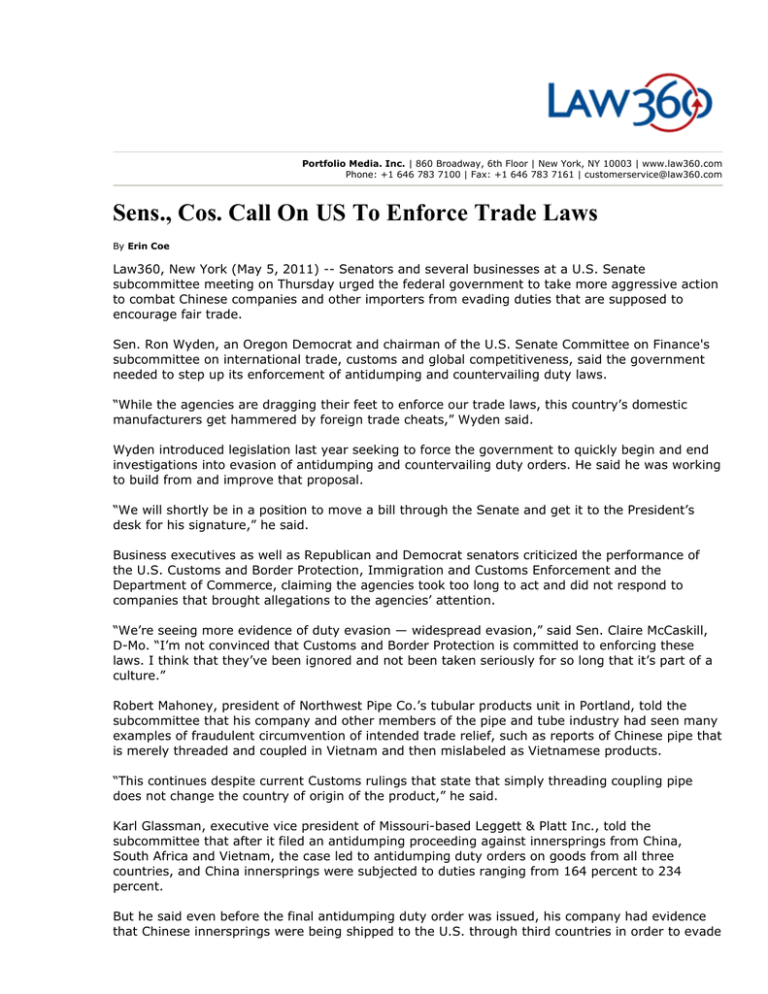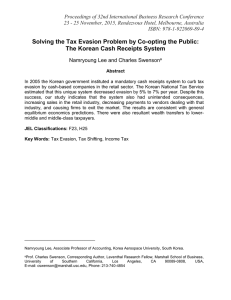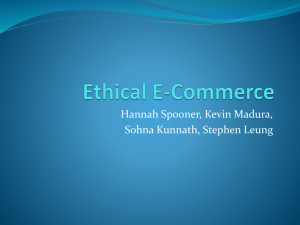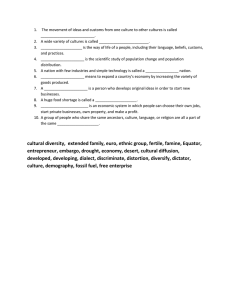Sens., Cos. Call On US To Enforce Trade Laws
advertisement

Portfolio Media. Inc. | 860 Broadway, 6th Floor | New York, NY 10003 | www.law360.com Phone: +1 646 783 7100 | Fax: +1 646 783 7161 | customerservice@law360.com Sens., Cos. Call On US To Enforce Trade Laws By Erin Coe Law360, New York (May 5, 2011) -- Senators and several businesses at a U.S. Senate subcommittee meeting on Thursday urged the federal government to take more aggressive action to combat Chinese companies and other importers from evading duties that are supposed to encourage fair trade. Sen. Ron Wyden, an Oregon Democrat and chairman of the U.S. Senate Committee on Finance's subcommittee on international trade, customs and global competitiveness, said the government needed to step up its enforcement of antidumping and countervailing duty laws. “While the agencies are dragging their feet to enforce our trade laws, this country’s domestic manufacturers get hammered by foreign trade cheats,” Wyden said. Wyden introduced legislation last year seeking to force the government to quickly begin and end investigations into evasion of antidumping and countervailing duty orders. He said he was working to build from and improve that proposal. “We will shortly be in a position to move a bill through the Senate and get it to the President’s desk for his signature,” he said. Business executives as well as Republican and Democrat senators criticized the performance of the U.S. Customs and Border Protection, Immigration and Customs Enforcement and the Department of Commerce, claiming the agencies took too long to act and did not respond to companies that brought allegations to the agencies’ attention. “We’re seeing more evidence of duty evasion — widespread evasion,” said Sen. Claire McCaskill, D-Mo. “I’m not convinced that Customs and Border Protection is committed to enforcing these laws. I think that they’ve been ignored and not been taken seriously for so long that it’s part of a culture.” Robert Mahoney, president of Northwest Pipe Co.’s tubular products unit in Portland, told the subcommittee that his company and other members of the pipe and tube industry had seen many examples of fraudulent circumvention of intended trade relief, such as reports of Chinese pipe that is merely threaded and coupled in Vietnam and then mislabeled as Vietnamese products. “This continues despite current Customs rulings that state that simply threading coupling pipe does not change the country of origin of the product,” he said. Karl Glassman, executive vice president of Missouri-based Leggett & Platt Inc., told the subcommittee that after it filed an antidumping proceeding against innersprings from China, South Africa and Vietnam, the case led to antidumping duty orders on goods from all three countries, and China innersprings were subjected to duties ranging from 164 percent to 234 percent. But he said even before the final antidumping duty order was issued, his company had evidence that Chinese innersprings were being shipped to the U.S. through third countries in order to evade the duties. “We regularly provide Customs with specific evidence on duty evasion,” Glassman said. “Since October 2008, we have met with or sent information to Customs on 21 separate occasions. Despite our best efforts, these innersprings continue to be imported into the United States with false and fraudulent documentation.” However, Marguerite Trossevin, international trade counsel for the Retail Industry Leaders Association, wanted the subcommittee to keep in mind that the majority of importers play by the rules. “It is important that efforts to fight evasion … not stifle, disrupt or overburden legitimate trade that is critical to the competitiveness of so many American companies,” she said. Representatives for Customs, ICE and Commerce agreed that more could be done to improve the system, but defended the work they have done and noted that they face a number of challenges while trying to enforce trade laws. Allen Gina, assistant commissioner of Custom’s Office of International Trade, said evasion often took several forms and involved the collusion of several parties, including the manufacturer, shippers and importer. But he noted that despite challenges, his agency, along with ICE, had a strong track record of uncovering instances of illegal trans-shipment and penalizing those in the U.S. responsible for fraud. “CBP and U.S. producers have a common interest in preventing the evasion of antidumping and countervailing duties, which undermines the vitality of U.S. industry and the integrity of our trade remedy laws,” he said. He said his agency was ready to work with Congress to find ways to release information to petitioners and to make the process more transparent. --Editing by Eydie Cubarrubia. All Content © 2003-2010, Portfolio Media, Inc.


